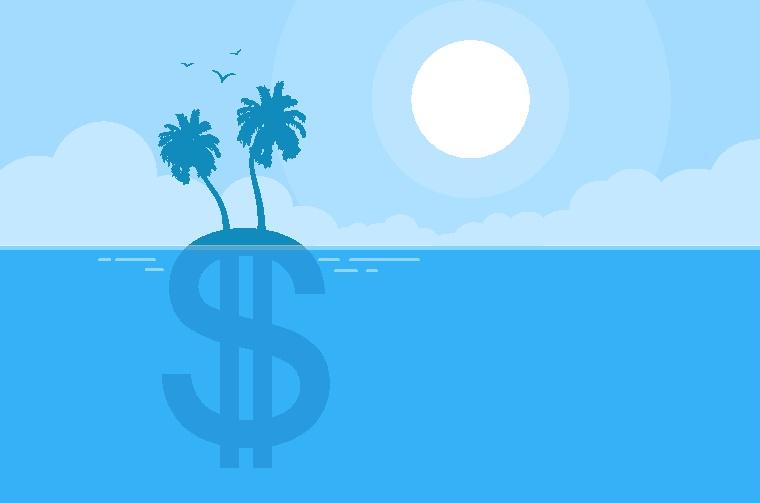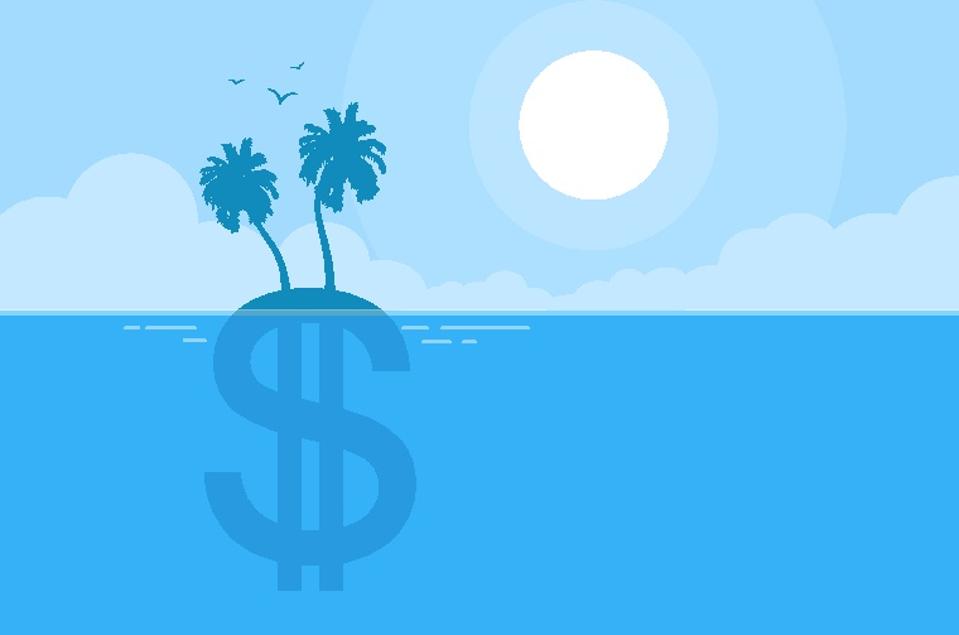Blake Harris is an Asset Protection Attorney and Founding Principle of Blake Harris Law.
If recent headlines have left you feeling uncertain about the U.S. economy, you’re not alone. From concerns about recessionary conditions to predictions from more than 60% of business leaders predicting a slowdown in the coming months, many are questioning how best to protect their financial future.
Considering this economic climate, some high-net-worth individuals are exploring offshore banking to diversify assets and increase financial resilience. Offshore bank accounts function similarly to domestic ones but can offer distinct advantages, such as:
Financial Privacy: Some jurisdictions enforce strict banking secrecy laws.
Legal Protections: Offshore accounts can work together with legal structures to help insulate assets.
Currency Diversification: Holding funds in multiple currencies can help mitigate localized risks.
Stability: Offshore banking can provide access to more stable economic and political systems.
Before pursuing this strategy, it’s important to understand the landscape. Here are five key questions to consider.
1. Does an offshore bank account make sense for me?
Offshore banking isn’t only for the ultra-wealthy. It may be appropriate for individuals with significant assets who are seeking increased diversification or protection. Consider:
Do you have concerns that your assets are vulnerable to spurious lawsuits or creditors?
If so, moving your assets to offshore bank accounts may make sense as it can be more difficult for lawsuits and creditors to access money in some foreign accounts.
Is currency diversification a missing element in your asset portfolio?
Many offshore banks can accommodate multiple currencies, enhancing diversification and your ability to take advantage of fluctuating currency markets.
Can you benefit from an alternate tax system?
Many foreign countries attract outside investment through tax incentives for investors, leading to more favorable conditions than those in your home country.
Would enhanced privacy and confidentiality benefit you?
A number of foreign countries offer enhanced banking privacy and confidentiality, which can help you invest more effectively.
2. What type of offshore bank account best meets my needs?
As with domestic banking, international banks offer a variety of accounts for investors.
Checking Accounts: These offer basic payment functionality, often with minimum deposit and monthly balance requirements.
Savings Accounts: These are typically low-risk and sometimes have favorable interest rates.
Term Deposit Accounts: These accounts allow you to deposit funds for an agreed-upon term. When the account term expires, the bank pays you back your initial deposit plus whatever interest accrued over the term.
International Investment Accounts: These can offer both market returns and privacy protections, depending on the jurisdiction.
3. What jurisdictions are available for offshore banking?
Offshore banking is available in many countries, but in my experience, the countries that are particularly attractive to U.S. investors include:
• Hong Kong
• Switzerland
• Belize
• Germany
• Isle of Man
• The Cayman Islands
• Singapore
• Panama
• The Island of Nevis
• Mauritius
Note: Each country has its own regulatory environment and disclosure requirements. U.S. taxpayers must comply with IRS reporting obligations.
4. Have I considered the potential risks?
While offshore banking offers benefits, it also presents risks:
Regulatory Scrutiny: Offshore accounts are often closely monitored by U.S. authorities.
Costs: Legal and administrative fees can be significant. Some banks have high deposit minimums and ongoing maintenance fees.
Cybersecurity: Privacy-focused systems may complicate recovery efforts in case of a breach.
5. Am I getting guidance from an experienced legal/financial advisor?
Offshore banking is complex and should be undertaken only with professional guidance. When selecting an advisor, ask:
• Are they a licensed attorney or financial expert?
• Do they have direct experience with offshore jurisdictions?
• Can their experience be independently verified?
• Will you have access to senior leadership or firm principals?
• Is offshore strategy a core area of their practice?
Given today’s economic climate, it’s understandable that investors may seek additional strategies to protect and diversify their holdings. Offshore banking is one such strategy that, with the right guidance and due diligence, may provide access to privacy, diversification and legal insulation. As with any financial decision, it’s important to weigh potential risks and consult experienced professionals to ensure alignment with your overall goals.
The information provided here is not investment, tax or financial advice. You should consult with a licensed professional for advice concerning your specific situation.
Forbes Finance Council is an invitation-only organization for executives in successful accounting, financial planning and wealth management firms. Do I qualify?


